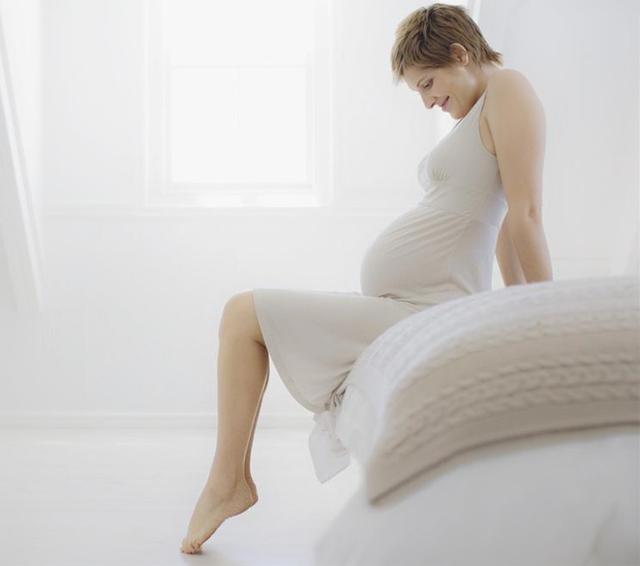 Menopause is the most obvious sign of pregnancy, many expectant mothers find themselves pregnant after menopause. And some expectant mothers have been diagnosed pregnant, but menstruation or come, this is how to return a responsibility? Come menstruation still can pregnant?
Menopause is the most obvious sign of pregnancy, many expectant mothers find themselves pregnant after menopause. And some expectant mothers have been diagnosed pregnant, but menstruation or come, this is how to return a responsibility? Come menstruation still can pregnant?
Experts pointed out that menstruation is due to ovulation once a month, menstrual period is generally 3-5 days, during which the functional layer of endometrium spalling, resulting in intrauterine wound ,6-14 days after menstruation, The basal epithelial cells of endometrium divide and proliferate, move to the broken wound, and gradually repair and form a new functional layer. At this time, there are new eggs in the ovary in the growth and development, maturation, ovulation, luteal body, sex hormones, so that the endometrium hyperplasia, peeling, bleeding, and then a menstruation. Ovaries row once a month, also formed a monthly menstruation.
If the egg is fertilized, the human body will regulate the secretion of hormones, maintain the endometrium does not fall off, thus showing menopause. However, there are still the following conditions, so that pregnancy will still have menstruation, the first trimester of the following two conditions may come menstruation.
1. fertilized egg implantation unstable
Some expectant mothers, because the fertilized egg implantation is not stable, the placenta is not formed, and close to or to the coming day, there will still be mature eggs excreted, and then with the endometrial shedding out of the body, so a small number of pregnant women think it is to "menstruation ".
2. endometrial shedding
Because of individual differences and other reasons, some women have low levels of sex hormones, especially progesterone, secreted by the ovary after pregnancy, resulting in a small part of the endometrium continuing to fall off, so this part of the women will still menstruation after pregnancy. Only menstrual volume is much less than normal period. Until three months after pregnancy, placenta formation, female body estrogen, progesterone maintained at a relatively high level, when the endometrium no longer shed, menstruation is no longer coming.